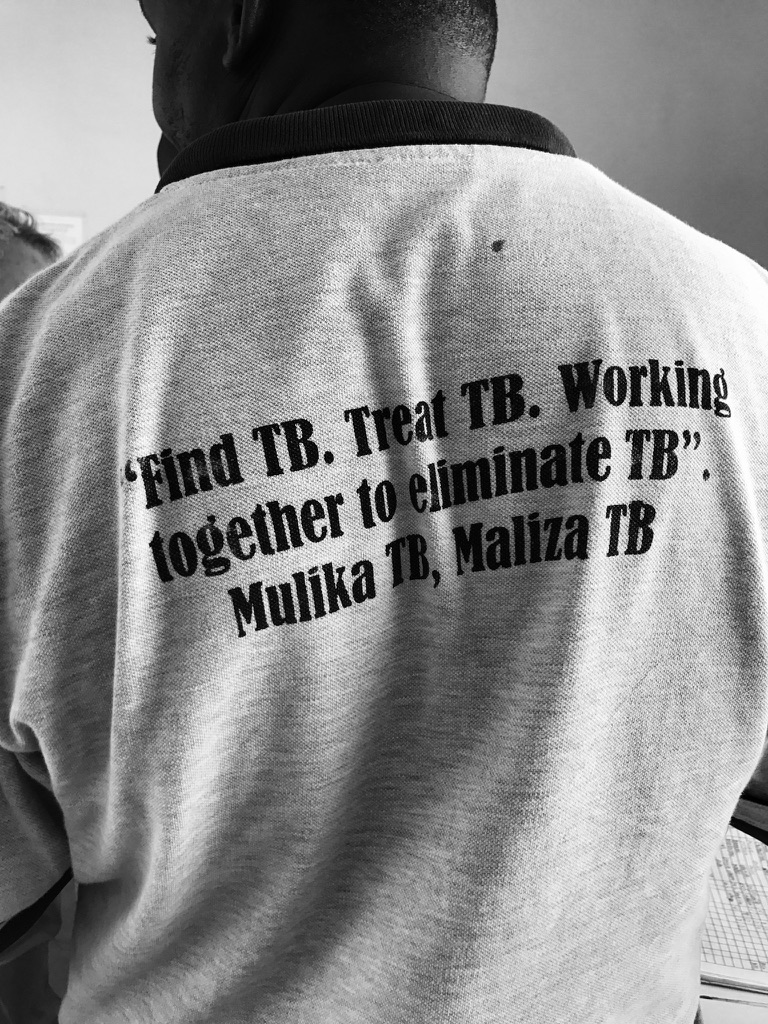About tuberculosis
What is tuberculosis?
Tuberculosis (TB) is an infectious disease that is still common among the semi-nomadic inhabitants of the Kenyan provinces West Pokot, Elgeyo Marakwet and Baringo. TB is caused by a bacterium: Mycobacterium tuberculosis. This bacterium can affect almost all organs: the lungs, lymph nodes, brain, meninges, kidneys, joints and the spine.
Spread of tuberculosis
If TB affects the lungs, that person is infectious to others. We call that “open TBC”. Such a person can spread the bacteria through coughing or sneezing. The lungs of people nearby, especially in the same room, can then be infected by lung droplets filled with the bacteria. The infection will only manifest itself as tuberculosis after months or years. This means that someone can be infected with tuberculosis without noticing it. People who then develop “open TBC” can spread TB.
Illness of poverty
TB is also referred to as the disease of poverty. Especially people with a malfunctioning immune system quickly and often become seriously ill and can die from it. The immune system is mainly affected by malnutrition and/or HIV-infection.
Control, detection, diagnosis and treatment
Combating poverty and HIV is very important in the fight against TB, besides detecting people with “open TBC” as early as possible. The diagnosis of TB is made by means of an interview, physical examination, X-rays, laboratory examination of coughed up sputum, other body fluids and urine. TB is treated with a combination of different antibiotics. The treatment lasts at least 6 months. Unless someone is seriously ill, treatment for TB can be done at home, after patients are instructed.
Treatment of semi-nomads
Treatment is especially successful when people live under good conditions and have enough money and support. This is often not the case with people who lead a semi-nomadic life, such as a large part of the inhabitants of West Pokot. They often suffer not only from tuberculosis, but also from poverty and malnutrition. Because they constantly move their livestock over great distances, they don’t come home every night after work. Malnutrition makes it extra difficult to tolerate the heavy course of antibiotics. In addition to antibiotics, these people must also receive protein-rich food during treatment.
Drug-resistant TB
If a person’s TB bacteria is resistant to the two most powerful antibiotics, this is called “multi-drug resistant tuberculosis”. The treatment then takes at least 20 months and is much more expensive.
West Pokot is an area at risk for drug-resistant TB
Risk factors for developing “multidrug-resistant tuberculosis” are:
1: Previous treatment for TB,
2: Not completing the TB treatment properly
3: Immigration
4: Male gender
5: HIV infection
6: Alcoholism
7: Smoking
8: Diabetes
9: Poverty
West Pokot is a risk area for “multidrug-resistant tuberculosis” because factors 1, 2, 4, 5, 6, 7 and 9 apply for many inhabitants.
